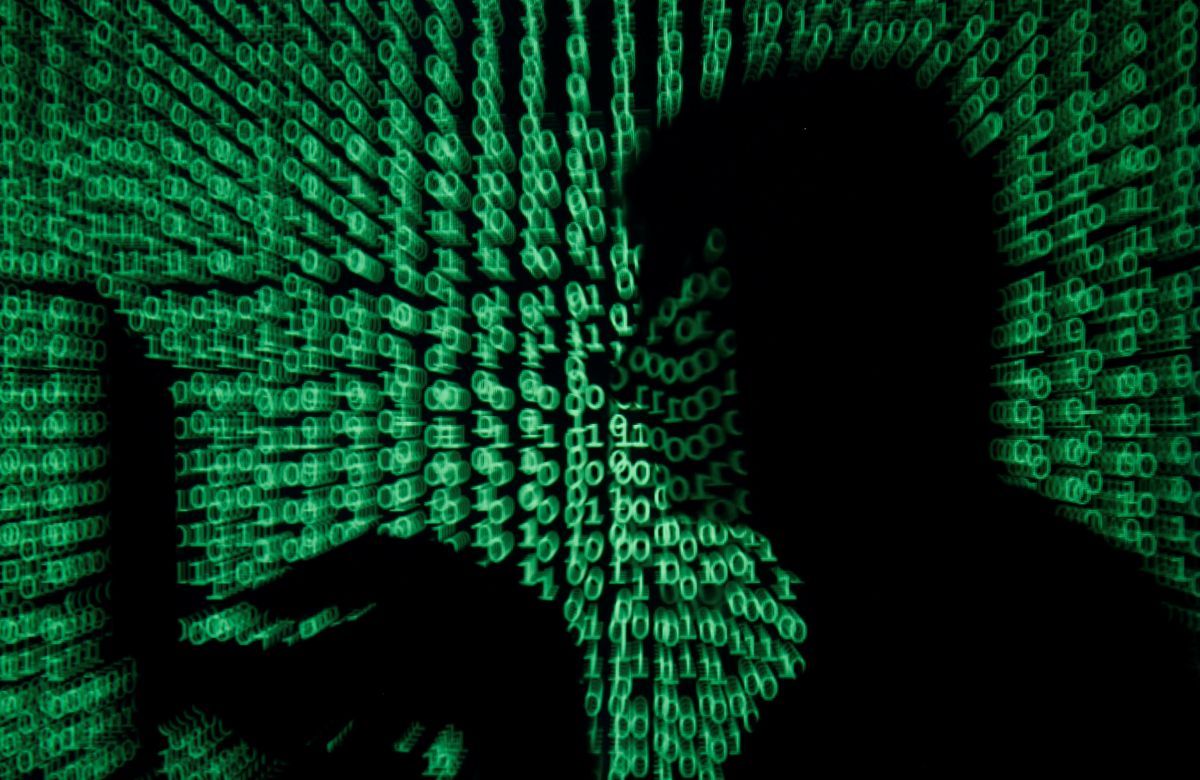
The Russian military was directly behind a "malicious" cyber attack on Ukraine last summer that spread across Europe, British ministers have said.
The UK government has taken the unusual step of publicly accusing Russia of June's NotPetya ransomware attack, the BBC reports.
Reckitt Benckiser – maker of Dettol, Durex and Strepsils – was among the UK firms whose sales were affected.
Defence Secretary Gavin Williamson said Russia was "ripping up the rule book" and the UK was duty-bound to respond.
Russia has denied responsibility for the NotPetya attack – which is estimated to have cost companies more than $1.2 billion – and pointed out that Russian firms were among those whose systems were affected.
Ransomware, computer viruses that threaten to delete the target's files unless they pay a ransom, is regarded as the fastest growing form of computer virus.
Read alsoThe Washington Post: Russian military was behind 'NotPetya' cyberattack in Ukraine, CIA concludesRussian anti-virus experts believe about 2,000 attacks were launched and that they were principally aimed at Ukrainian government networks and financial and energy assets in the country.
Ukraine has been locked in a simmering conflict with Russian-backed separatists since Moscow annexed Crimea in 2014.
In the NotPetya attack, businesses which strong trade links with Ukraine, such as Reckitt Benckister, Dutch delivery firm TNT and Norwegian shipping giant Maersk were badly affected.
Reckitt Benckiser, whose other brands include Nurofen, Veet and Clearasil, said the attack disrupted its manufacturing output and shipping capacity for up to two months and contributed to a fall in revenues.
Foreign Office minister Lord Ahmad of Wimbledon said the UK's decision to identify the Kremlin as responsible for the attack underlined the fact that the government will not tolerate "malicious cyber activity".
He said: "The UK government judges that the Russian government, specifically the Russian military, was responsible for the destructive NotPetya cyber attack."
"Its reckless release disrupted organizations across Europe costing hundreds of millions of pounds. The Kremlin has positioned Russia in direct opposition to the West yet it doesn't have to be that way.
"We call upon Russia to be the responsible member of the international community it claims to be rather than secretly trying to undermine it."
Mr. Williamson warned that the West had "entered a new era of warfare, witnessing a destructive and deadly mix of conventional military might and malicious cyber attacks".
Russia, he claimed last month, could cause "thousands and thousands" of deaths through crippling cyber attacks on UK infrastructure. Moscow dismissed suggestions it was spying on UK energy networks.
Theresa May accused Russian President Vladimir Putin in November of attempting to "sow discord" in the west by meddling in elections, spreading misinformation and engaging in cyber warfare.
MPs have asked social media firms to investigate claims Russian hackers sought to influence the outcome of the 2016 EU referendum.
YouTube said earlier this week that it had found no evidence of this, while a separate inquiry by Facebook reached the same conclusion.

